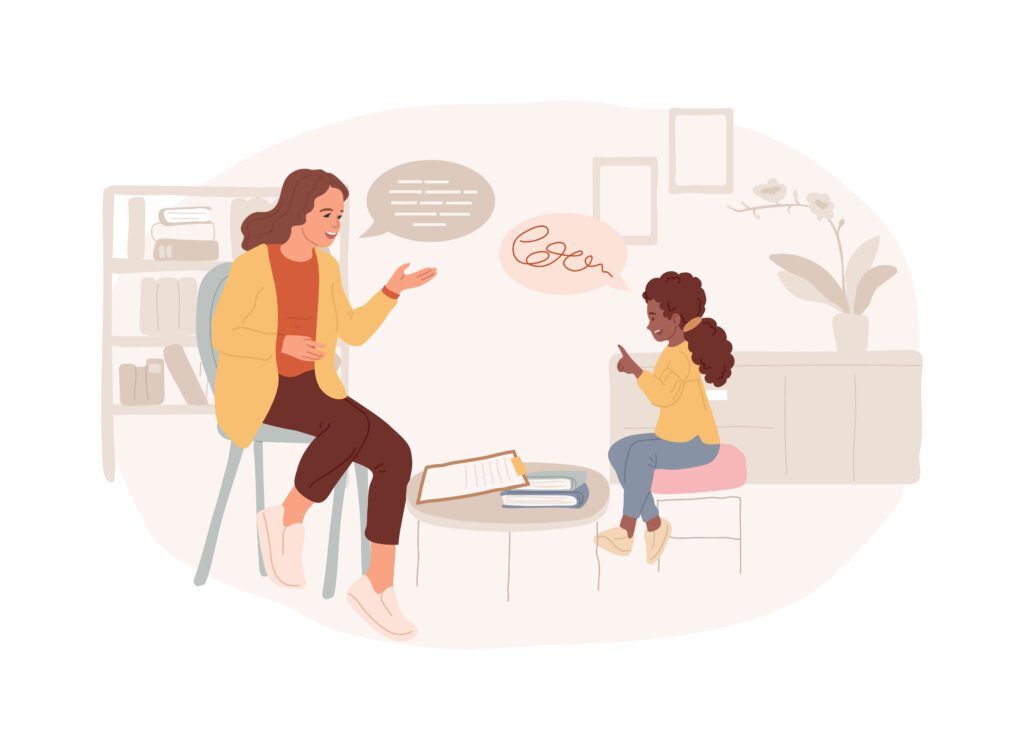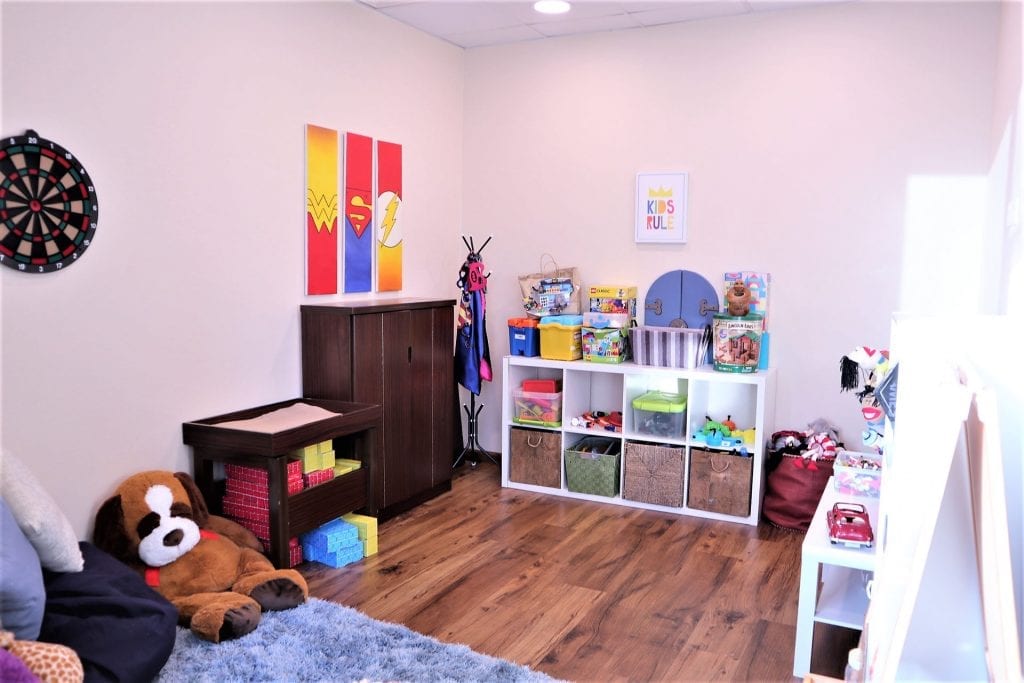Psychological/ ADHD Assessments for Children
When to Consider a Psychological or ADHD Assessment
Are you concerned about your child's behavior and aren't able to understand him/her? Do you think your child may have attention- deficit /hyperactivity disorder (ADHD)?
- Attention and Focus Difficulties
Is your child forgetful and needs your reminders to stay on task when completing their mornining or bedtime routines? Do you feel you need to keep your child on track because they get distracted by things around them. These can be signs of ADHD or executive functioning challenges. - Hyperactivity or Impulsivity
Is your child constantly moving, interrupting, or acting without thinking? Do they struggle to finish their homework or a meal while staying seated? Do they struggle to stay seated during class and get into trouble for moving around? In this case an ADHD evaluation for kids may be needed. - Emotional or Behavioral Concerns
Is your child moody, often loses their temper, and has temper tantrums for seemingly minor upsets? This could indicate a problem with emotional regulation—often tied to ADHD or other conditions. - Academic and Social Challenges
Does your child have difficulties in school and often get into trouble; or do they often have difficulties in their relationships with friends? Do they often feel rejected or blamed and can’t reflect on their own behavior? In conjuction with other sypmtoms, this may stem from undiagnosed ADHD.
Signs & Symptoms of ADHD
- Me, Me, Me - an inability to recognize other people's needs and desires. May interrupt others, doesn't take turns, makes own rules.
- Emotional Turmoil - may have difficulty keeping emotions in check. May have outbursts of anger at inappropriate times or temper tantrums.
- Fidgets & Squirms - often can't sit still. May try to get up, run around, or fidgets or squirms in chair when forced to sit.
- Unfinished Tasks - may be interested in many things but has difficulty completing tasks they started.
- Lack of Focus - may have trouble paying attention, even when being spoken to directly. Say they heard you, but won’t be able to repeat back to you what you just said.
- Careless Mistakes - difficulty following instructions that require planning or executing a plan.
- Day Dreamer - some children with ADHD are quieter and less involved than other kids. A child with ADHD may stare into space, constantly daydream, and ignore what's going on around them.

What is Attention Deficit- Hyperactivity Disorder?
Attention Deficit Hyperactivity Disorder (ADHD) is a neurodevelopmental disorder affecting children, teens, and adults. ADHD affects 10 percent of all school-age children and symptoms first begin in childhood, continuing throughout the lifespan to varying degrees. Children with ADHD may be hyperactive and unable to control their impulses and/or they may have trouble sustaining their attention and are easily distracted. They often do understand what is expected of them but have difficulty following through. Of course, most children experiences such difficulties at times, but the difference is that children with ADHD experience these struggles chronically.
Why is it important to get an ADHD assessment?
Often times, children with undiagnosed ADHD are viewed as being unmotivated, lazy, unintelligent, or oppositional. Their struggles may not be understood by their teachers or parents. If you see the previously listed signs in your children, it is important to get them assessed by a psychologist.
The goal of diagnosis and treatment is to help children and teenagers be more effective in their day to day lives and reduce the level at which their ADHD interferes with getting things done. By treating ADHD directly, children can learn to understand the condition and develop strategies for success. Treatment could entail: medication, cognitive behavioral (play) therapy, and psychoeducation about ADHD.
Why Early Assessment Matters
Children with ADHD symptoms or emotional regulation concerns are often capable—but they may need the right tools and support. A child psychological evaluation can reveal the root of these struggles and guide effective interventions at home and in school.
What the ADHD and Psychological Assessment Process Involves
- Parent & Teacher Input
Parents and teachers are asked to complete structured questionnaires to gather insight from both home and school environmnets. - Clinical Interviews
An in depth semi-structured intervierw is conducted with parents to understand the child’s symptoms, developmental, emotional, and social history. A semi-structured interview is conducted with the child to understand what is happening in their experience. - Behavioral Observations
Often an in-school observation is necessary to observe the child in their natural environment. We will ovserve their behavior, focus, and interaction patterns. - Standardized Psychological Testing
Targeted assessments for executive functioning, attention, and emotional regulation. - Rule-Out of Other Conditions
Identifying if concerns stem from anxiety, learning disabilities, or environmental factors.
Key Tools Used in Our Evaluations
- Conners 4™
Industry-leading tool for ADHD testing in kids and executive function assessment. - BASC-3 (Behavior Assessment System for Children)
Evaluates a wide range of emotional and behavioral issues. - Child Behavior Checklist (CBCL)
Offers detailed insights from parent observations. - WISC-V (Weschler Intelligence Scale for Children)
Measures cognitive ability to rule out learning difficulties. - Test of Everday Attention for Children, Second Edition (Tea-CH-2)
A computerized assessment that measures sustained and selective attention
- BRIEF-2
A questionnaire that assess executive functioning and self-regulation. - Licensed Psychologist Interviews & Observations
Professional insights to ensure a thorough, accurate diagnosis.
What Parents Can Expect
- Detailed Diagnostic Report
Clear breakdown of your child’s strengths, challenges, and any diagnoses. - Recommendations
Custom strategies for home, school, and therapy—plus guidance on IEP. - Supportive Next Steps
Help navigating services, referrals, and accommodations tailored to your child’s profile.
Schedule a Child ADHD Assessment Today
If your child is showing signs of inattention, hyperactivity, or emotional dysregulation, a psychological or ADHD assessment can provide the clarity and direction you need. Early intervention makes a lasting impact on confidence, behavior, and academic success.
Contact us today to schedule an evaluation or speak with one of our ADHD assessment specialists.
Frequently Asked Questions
It’s a comprehensive evaluation of your child’s attention, behavior, emotions, and executive functioning.
Our Safe Space











